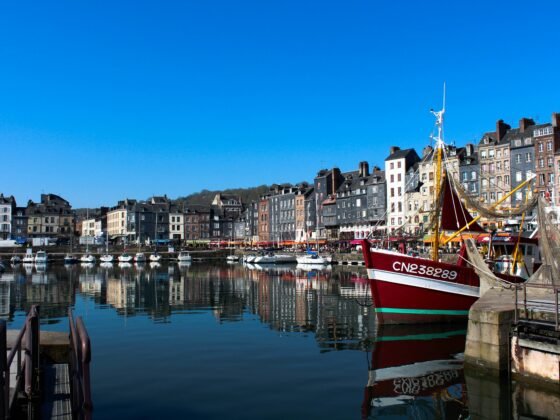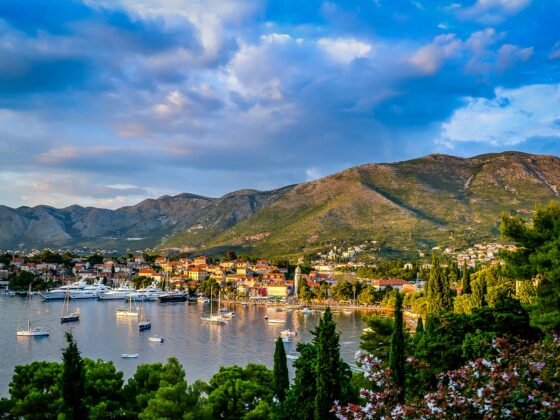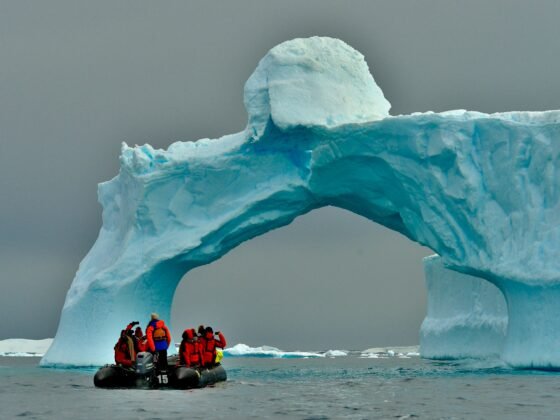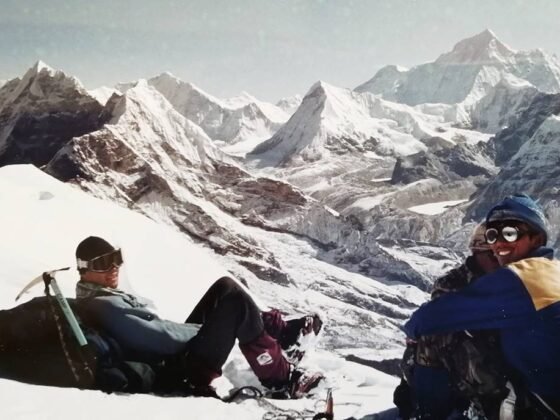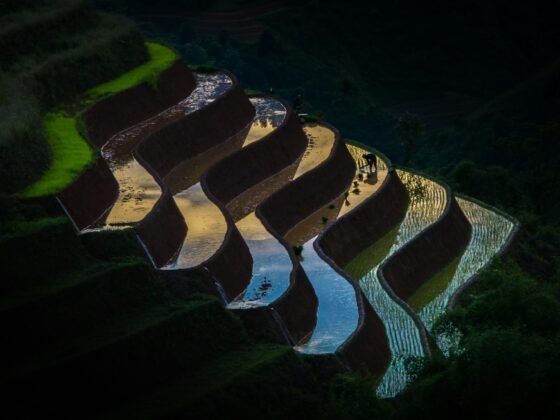“Six hundred miles mate,” the trucker emphasized. “No lift for me, no lift for you.”
The driver tossed back his beer in a gulp as if this clearly demonstrated the end of the conversation. He called out to the few men scattered around the dusty bar.
“Things might be different in Pommie land, but that`s how they go round `ere.”
He wanted to reply that he`d beaten the train. From Perth, at Easter, he`d hitched to the mine before the train had arrived. The Morning Star, the new mine the paper said, would turn everyone`s fortunes round and put gold back in its rightful place. But the train would take a day and a half. He could run there faster, so he hitched and beat the train. He wanted to say this to the trucker, to show the man that he knew about hitching as if this knowledge might somehow compensate for his bad luck at not being able to help with unloading the truck when it arrived at Port Headland away to the north.
The job at the mine hadn`t been bad at all, for the sinking of the Morning Star followed an automatic rhythm of its own. The miners would dig out the large pile of debris at the bottom of the shaft left by the previous shift and send it surface-bound in large, cumbersome buckets. Then drill into the sides at the bottom of the black hole, set the dynamite charges, clamber out, and plunge the heavy lever that would send a blast of noise punching the air and echoing around the silent ridges beyond. After each blast he would shovel the stones and rocks into a massive railway container, then push the debris-filled truck along a narrow gauge railway track from where it could be opened and its load dumped. The rubble might weigh several tonnes and there was always a tingle of delight when he flipped open the spring-loaded levers that hurled the debris into the scrub below, just as he was sure the miners thought more about the explosions and the long-echoing destruction than they ever thought about anything else in their lives, wages or women. But why call it the Morning Star mine? Much better the End-of-the-world-shit-house one.
If working at the mine gave security – and rumour was that the price of gold had leaped recently and the company was quite happy to extract 4-5 ounces per tonne of useless rock - after several weeks, the work seemed pointless. The morning star of Venus would indeed shine bright, large and glorious even as it competed with the blaze of billions of stars in the never dark night sky above. But the pay didn`t come to much and if he could hitch-hike in, then why not out? Further north was where the money lay, where men and machines didn`t have to dig into the ground but simply tore into its exposed flanks. Iron-ore was the new gold, anyone could see that – why, there were train loads of the stuff sent every day to Port Headland and then by ship to Japan. How else do they build all those bloody four by fours?
The cold beers stood in line on the bar before him. Waves of noise mixed with the smaller surges of uneasiness that ebbed and flowed each time he reached for a drink. No more bloody Morning Star he told himself. Tomorrow would be…would be…he tried to complete the phrase but nothing would form except the stupid grin on his bush-burnt face. The bar was Saturday-Night full. Other nights would be empty except for a few stragglers and half-cast aborigine prostitutes who would hang around the town in the desperate hope of cadging a drink. Town? There aren`t any towns, he grinned, reaching for a beer and feeling his senses surge as the gold-coloured liquid flowed through him.
And then he heard the piano. The notes penetrating, distorting, distracting; rising and falling like the waves of the Summer Moon-struck corn in the farmlands around Perth. Figures flapped around as if dancing, waving, drowning, and through the confusion and clamour, he could make out the slight figure of the Kiwi crouched over a small upright jazz piano; the quiet, gentle stranger who had shown him how to get by when he`d first arrived; which queues to join, which pig-headed bully to avoid in the daily scrum for mess-hall food, which of the communal showers was likely to have hot water as not. He was different the Kiwi, somehow softer-speaking, more ironic, as if he lived in another place from the rest of them, as if he had his own personal space and not the communal one. The Kiwi was concentrating on the piano keys, bending over them, ignoring the yells of abuse and coarse criticism as the music became louder, more persistent. He recalled, vaguely, that he had once bought a piano. That one of the fine black legs had split when his cousin`s van had lurched to a halt when the piano had been delivered from the city`s second-hand market. He`d bought a paper keyboard to go with it that could be propped up and extended over the real one. This child-like version told him where to put his fingers, playing rather than painting by numbers. But it hadn`t lasted. Nothing ever did.
He stood back from the bar a little uncertain and in the mirror suspended at the back caught a glimpse of an unknown figure whose long sun-stained hair complemented its empty washed out features. He needed to play. He thrust himself away from the bar and ran and sprawled his way through the melee, but it came to him in that very moment that he`d never make it. His legs were failing, falling, stretching. He spun round, crashed sideways and caught the hard edge of the piano keyboard and felt it rake down his ribs. He lay quietly, knowing, hazily, through the booze, that he`d hurt himself quite badly.
------
“I`m a little crook,” he said to the trucker, using the local idiom for being hurt, as if this might help things. He lifted his stained vest to show the man his equally stained bandages. “Honest.”
The driver pushed away his empty glass, belched and made to leave. As he swept out, he called back just as the bar door was closing.
“A piano you say? Sounds pretty dangerous to me. If I was you, I`d at least learn to play the bloody thing properly.”
M Scott


